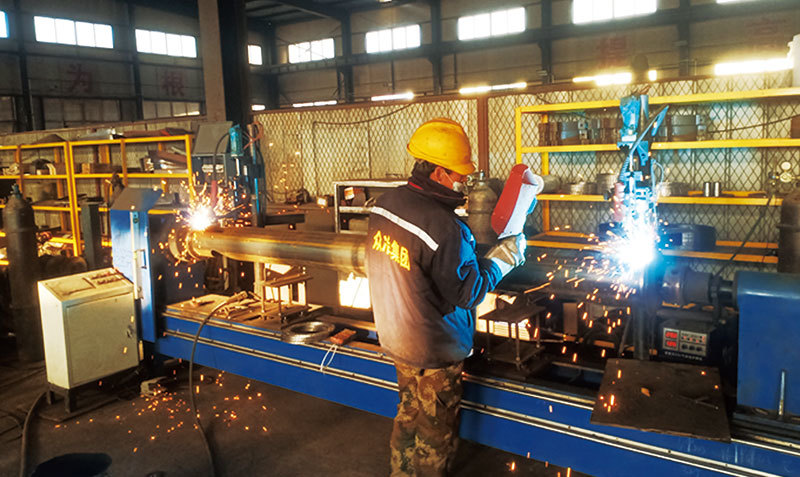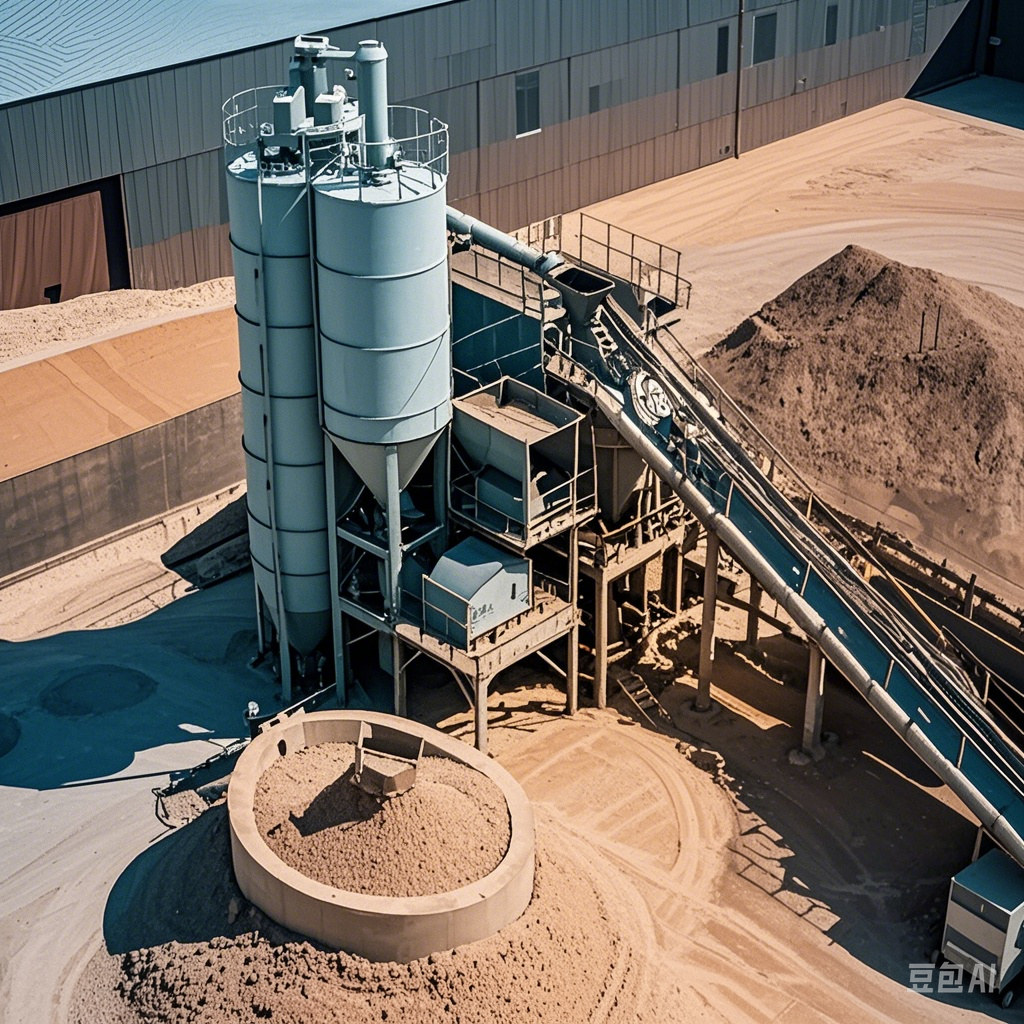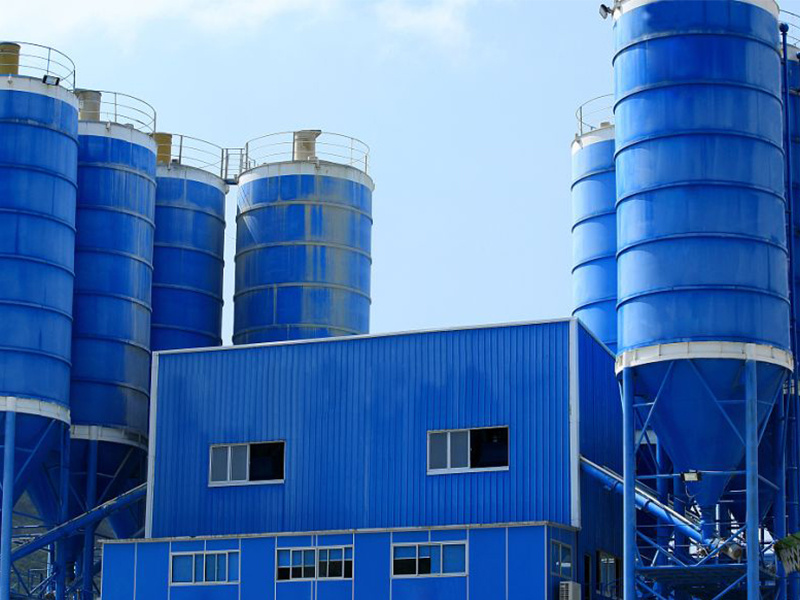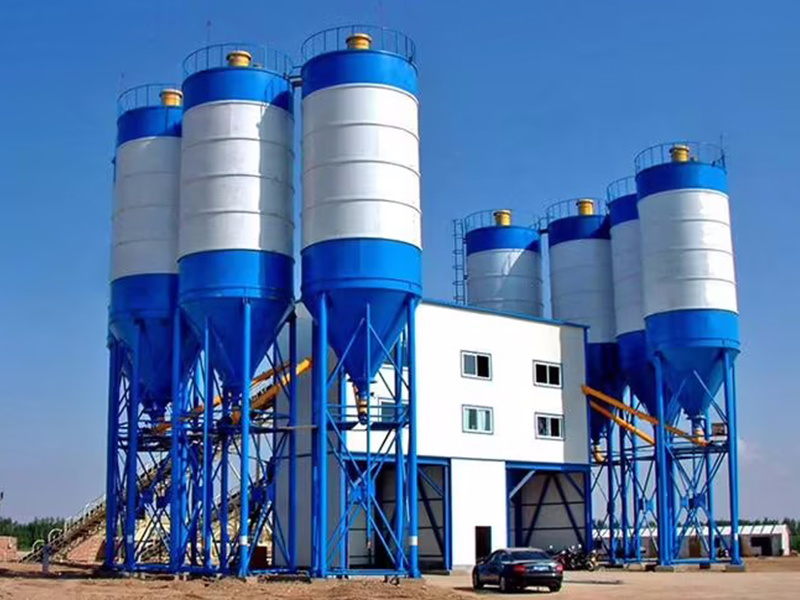31
2024
-
12
"A Comprehensive Guide to Concrete Mixing Plant Operations"
**A Comprehensive Guide to Concrete Mixing Plant Operations**
Concrete mixing plants play a crucial role in the construction industry, providing the essential material for a wide range of projects, from residential buildings to massive infrastructure developments. This guide aims to explore the operations of concrete mixing plants, detailing the processes involved, the equipment used, and best practices for efficient and effective production.
**Understanding Concrete Mixing Plants**
Concrete mixing plants are facilities where raw materials are combined to produce concrete. The primary components of concrete include cement, aggregates (sand and gravel), water, and additives. These materials are mixed in specific proportions to achieve the desired strength and workability for various construction applications.
There are different types of concrete mixing plants, including batch plants and continuous plants. Batch plants mix concrete in batches, allowing for flexibility in production. Continuous plants, on the other hand, produce concrete continuously, which is ideal for large-scale projects requiring a constant supply of concrete.
**Key Components of Concrete Mixing Plants**
1. **Aggregate Storage Bins**: These bins store different types of aggregates, ensuring that the right materials are available for mixing. Proper organization and maintenance of these bins are essential for efficient operations.
2. **Cement Silos**: Cement silos are used to store cement, a key ingredient in concrete production. They are designed to maintain the quality of cement and prevent moisture absorption.
3. **Mixing Equipment**: The mixing equipment is the heart of the concrete mixing plant. It can be a drum mixer, pan mixer, or twin-shaft mixer, depending on the desired quality and volume of concrete. The mixer must be capable of achieving a homogeneous mix in a timely manner.
4. **Weighing Systems**: Accurate weighing systems are critical for measuring the correct proportions of each material. This ensures consistency in the final product and adherence to project specifications.
5. **Control System**: Modern concrete mixing plants are equipped with advanced control systems that automate the mixing process. These systems monitor the production process, allowing for adjustments in real-time to maintain quality.
**The Concrete Mixing Process**
The concrete mixing process involves several key steps:
1. **Material Preparation**: The first step is to prepare the raw materials. Aggregates are sorted and stored in the appropriate bins, while cement is transferred from silos to the mixing area.
2. **Weighing and Batching**: The next step involves weighing each material according to the specified mix design. This process is critical, as any deviation from the mix design can affect the strength and durability of the concrete.
3. **Mixing**: Once the materials are weighed, they are transferred to the mixer. The mixing process typically lasts between 60 to 90 seconds, depending on the type of mixer used. The goal is to achieve a uniform consistency without over-mixing, which can lead to segregation.
4. **Discharge**: After mixing, the concrete is discharged into a truck or a hopper for transportation to the construction site. Timely discharge is crucial, as concrete begins to set quickly once mixed.
5. **Quality Control**: Throughout the mixing process, quality control measures must be in place. This includes regular testing of the concrete for workability, strength, and other properties to ensure it meets the required standards.
**Best Practices for Efficient Operations**
To optimize the operations of a concrete mixing plant, consider the following best practices:
1. **Regular Maintenance**: Regular maintenance of equipment is essential to prevent breakdowns and ensure smooth operations. This includes cleaning mixers, checking for wear and tear, and calibrating weighing systems.
2. **Training and Safety**: Staff should be adequately trained in operating the equipment and understanding safety protocols. A safe working environment is critical to preventing accidents and ensuring efficient operations.
3. **Inventory Management**: Efficient inventory management of raw materials can help reduce waste and ensure that production is not interrupted due to material shortages. Implementing a just-in-time inventory system can be beneficial.
4. **Environmental Considerations**: Concrete production can have environmental impacts, including dust and water runoff. Implementing measures such as dust suppression systems and proper waste management practices can help minimize these impacts.
5. **Adopting Technology**: Embracing technology, such as automation and data analytics, can enhance the efficiency of concrete mixing plant operations. These technologies can provide insights into production processes and help in making informed decisions.
**Conclusion**
Concrete mixing plants are integral to the construction industry, providing the essential material needed for various projects. Understanding the operations, equipment, and best practices involved in concrete mixing is crucial for achieving high-quality results. By implementing efficient processes and maintaining a focus on quality control, concrete mixing plants can meet the demands of the construction industry while ensuring safety and sustainability. This comprehensive guide serves as a foundation for those involved in the operations of concrete mixing plants, paving the way for successful and efficient concrete production.
Related News
Yantai Zhongye Leading Green Building Materials Development and Setting the Benchmark for High-Quality Concrete Mixing
Jan 23,2025
Vertical shaft mixer, concrete mixing station
Vertical shaft mixer has been more and more widely used in concrete mixing stations
Jul 30,2024
Concrete mixers and concrete batching machines are two kinds of machinery and equipment commonly used in the construction industry.
Jul 30,2024
YANTAI ZHONGYE EQUIPMENT AND MACHINARY CO.,LTD
WA:+86 19853565591
E-mail: barry@ytzymm.com
No.2 Guangdong Road, Haiyang Industry Park, Yantai City, Shandong Province






